If a general election is held, as is rumoured, in November next year, Labour could return to power exactly 20 years after the Hunting Act was passed, and there is the very real possibility of field sports being finished off altogether. Then, the government’s assault on hunting was a long, bloody, open conflict. Today, the campaign against countryside pursuits is more covert – a gradual process of lawfare. Over the past two decades, more and more regulation has crept in. Field sports and the rural economy that surrounds them are suffering. The groups set up to protect rural England often now work against the interests of both gamekeepers and farmers, with the result that the countryside is being drained of the people who understand and can conserve it best.
One of the most chaotic recent additions to the regulatory burden on shooting is the emergency change to licensing which Defra and its semi-autonomous offshoot Natural England rushed through in response to last year’s avian flu. Under the new rules, anyone who wants to release gamebirds on or within 500 metres of a Special Protection Area for wild birds has to apply for an individual licence.
Defra’s risk assessment on the spread of avian flu was finalised in October and yet the shooting industry was not consulted about the changes before they were announced in May. Shoots which were once covered under their general licence had to scramble for the new paperwork. Tim Bonner, chief executive of the Countryside Alliance, estimates that 140 shoots have been affected. They usually need to start planning for the next season in December or January, so for many the new requirements have been a calamity. Shoots had paid tens of thousands in deposits, feed had been ordered, game cover had been planted. When shoots face ruin, it’s not just trigger-happy toffs who miss out: rural workers lose their jobs and previously well-maintained ecosystems are damaged.
Mike Quick, a gamekeeper on Salisbury Plain, says that his shoot is in trouble. For the last 26 years he’s been with the Royal Artillery Shoot, which organises non-profit shoots for veterans and serving soldiers. The timing of Defra and Natural England’s decision means that this year is a write-off. ‘I could end up losing my job next week,’ he says. ‘We don’t know where we stand. We’ve been around for almost a century. We support the local community, we support veterans, we support the youngsters – and the flick of a pen has ruined everything.’ The new rules, he says, came ‘completely out of the blue. No thought, no notice.’
‘They took the decision not to have any consultation with the shooting industry at all,’ says Bernard Moss, a sporting manager for two shooting estates on the North York Moors, who says he’s been ‘thrown under the bus’ by the new rules. ‘We didn’t hear anything at all until the compulsory 21 days before the changes to the licence. That’s the point they decided it was all right to tell us what was going on. Trying to solve all the problems at the stage at which they told us isn’t physically possible.’
Legislation without proper warning or consultation is very much a green activist’s M.O. It’s how town councils have forced through the unpopular Low Traffic Neighbourhoods and how in 2019 Natural England took aim at Britain’s farmers. Without consultation, in response to a threat of legal action from Chris Packham’s environmentalist group Wild Justice, Natural England cancelled three general licences for controlling wild birds, which made it impossible for farmers to protect young lambs and crops.
Many in the shooting world have come to the conclusion that Natural England, which is officially neutral on shooting, does not have their interests at heart. ‘They’ve shown their intentions,’ Moss says. ‘There is a dislike of country pursuits in general in Natural England. They don’t see any of the conservation benefits – all they see is someone killing something.’
Senior figures at Natural England don’t help to allay concerns. Tony Juniper, the chairman, stood as the Green party candidate for Cambridge in 2010 on a manifesto pledge to ‘maintain the ban on hunting with dogs and extend it to other blood sports’. Juniper insists his eco-activist days are behind him, but his old friends do him few favours. When his position was announced in 2019, Mark Avery, the co-founder of the staunchly anti-shooting Wild Justice, wrote on his website: ‘If Andrew Sells [the outgoing chairman] was never “one of us”, Tony has never been anything else. It’s a strong unambiguous signal of intent.’
Part of the trouble is that Natural England is obsessed with rewilding and rewetting, and cares little for other conservation methods even if they serve to help protected species. Witness the fact that the rushed licensing changes may in fact endanger the very birds the group is trying to shield. Not only have there been no known cases of avian flu among protected species on Salisbury Plain – if gamekeepers such as Quick lose their livelihoods, then, without vermin control on the land, those rare ground-nesting birds Natural England care so much about will be eaten by foxes.
Yet it could have been even worse. The Royal Society for the Protection of Birds (RSPB) urged the government to go further, calling for an ‘immediate moratorium’ on the release of gamebirds across the entire country for the year.
The RSPB, bound as it is by Royal Charter, is also officially neutral on shooting, even while it proposes a shutdown of the entire industry for a year in the name of the precautionary principle. The relationship between the RSPB and the shooting community is as fraught as it has ever been. There is almost no issue of land management on which the two see eye to eye. In March, the head of the British Association for Shooting and Conservation (BASC), in an open letter to the RSPB’s chairman, accused the charity of having an ‘increasingly negative’ attitude towards shooting and ‘sowing division’ inside rural communities. His attacks follow a formal letter of concern sent to the RSPB from the Regional Moorland Groups in 2021 claiming that it is inciting hostility against people who work on the moors. A year later, the complaint was brought before the charity commission, who refused to investigate. Next month the whole matter will be passed to the Parliamentary Ombudsman at Westminster for review.
Countryside groups have been trying to use lawfare to fight lawfare. BASC, for instance, is launching a judicial review against Defra and Natural England for their licensing decision, arguing that since shoots had no prior knowledge of the change, they could reasonably expect to continue to operate under their existing licences.
Ian Gregory, a fiercely pro-shooting campaigner, has this week set up a new political party, Rural Reaction, to stand 40 candidates in Tory seats. ‘The only thing that wakes up politicians is the threat of losing their jobs,’ he says. ‘The outgoing Conservatives need to hear that they have made the countryside a worse place in their 13 years in power.’
The squeeze on country life doesn’t just come from public bodies. Some corporations have thought it wise to signal that they’re on what they assume to be the right side of history. Last week the Telegraph reported that shoots and hunts have had their bank accounts closed down or have been banned by their card reader provider from taking payment. The water company United Utilities, the UK’s largest corporate landowner, has been flip-flopping over whether to end grouse shooting across its land. In its case, grandstanding on grouse also provides a useful distraction from the fact that last year the company discharged untreated sewage into Britain’s rivers and seas almost 70,000 times.
It’s an unhappy picture. But it could get worse. Policies introduced by the devolved governments are seen as something of a harbinger of what’s to come nationally. A wildlife management bill is going through the Scottish parliament to introduce a licensing system for land to be used to shoot grouse. Wales has banned game shooting on public land and there is also a proposal to introduce licensing for all game releases throughout the country.
Speaking in the Senedd during the consultation on shooting licences, Julie James, Wales’s minister for climate change, left no room for doubt as to her beliefs: ‘I do not think killing anything as a sport or leisure is anything that any civilised society should support.’ On the day of James’s speech, Tim Weston of the National Gamekeepers’ Organisation says he has received many fearful messages from Welsh gamekeepers asking if he could find them and their families jobs in England.
But will England be safe for long? ‘I’m immensely concerned about the future,’ says Moss. ‘Me losing my job, in the way of the world, is a small thing. But the effect on the countryside of taking that management away – I don’t think they have any comprehension of what happens at all. None.’
Even bloodless field sports could suffer. On Boxing Day last year, Jim McMahon, the shadow environment secretary, said it was his ambition to outlaw trail hunting (hounds chasing a laid scent rather than live quarry).
Labour’s reasoning is that trail hunting is often a ‘smokescreen’ for illegal hunting, so banning it would essentially toughen the Hunting Act. In May, LabourList’s leak of the party’s 2024 draft manifesto included a pledge to ‘close loopholes in the fox-hunting ban’. It’s all too easy to imagine a Starmer government making it unlawful to take out a pack of hounds on the assumption that something illegal might happen.
Some organisations have even helpfully pre-empted a change to the law. The National Trust, for instance, stopped allowing trail hunts on its land in 2021, citing the ‘risk of reputational harm’.
Would it be wise for a Labour government to go after field sports yet again? The Labour peer Lord Mandelson thinks it’s best to let sleeping hounds lie. ‘We should not be using government for one half of society to impose their preferences on the other,’ he tells me. ‘Majoritarian city dwellers should not dictate how the rural minority conduct their lives. We have reached a good legislative balance on field sports and Labour should not open up some fresh campaign on pastimes they might not like or enjoy but which are a legitimate part of others’ lives.’ A future Labour government, he says, should not be ‘banning, finger-wagging, intolerant’.
That seems a pretty forlorn hope.
Got something to add? Join the discussion and comment below.
Get 10 issues for just $10
Subscribe to The Spectator Australia today for the next 10 magazine issues, plus full online access, for just $10.
You might disagree with half of it, but you’ll enjoy reading all of it. Try your first month for free, then just $2 a week for the remainder of your first year.

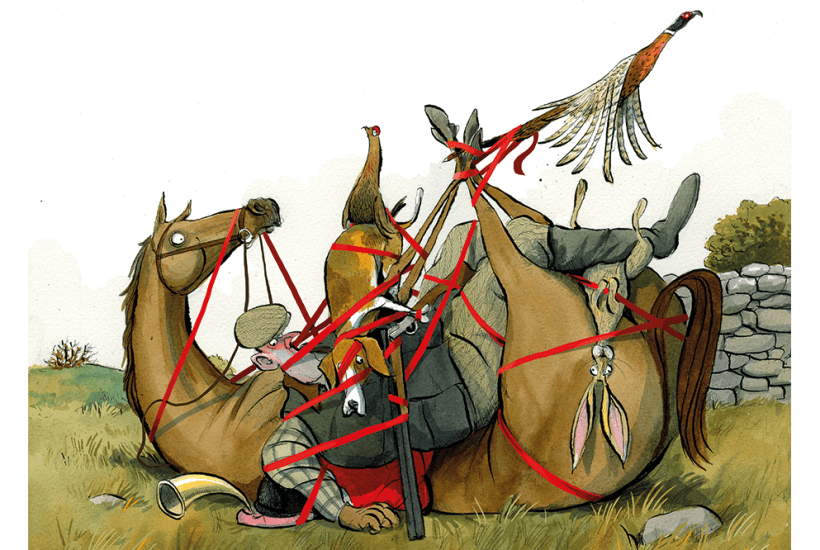
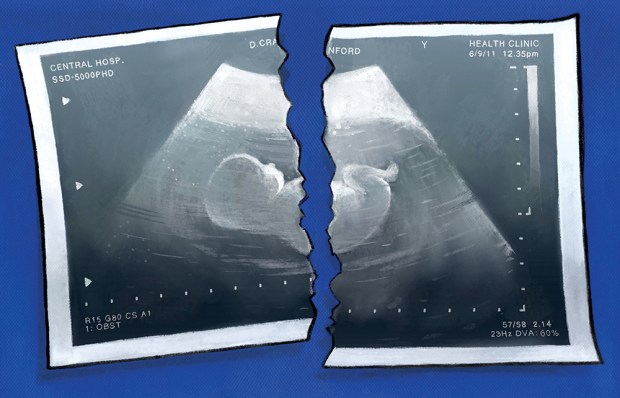
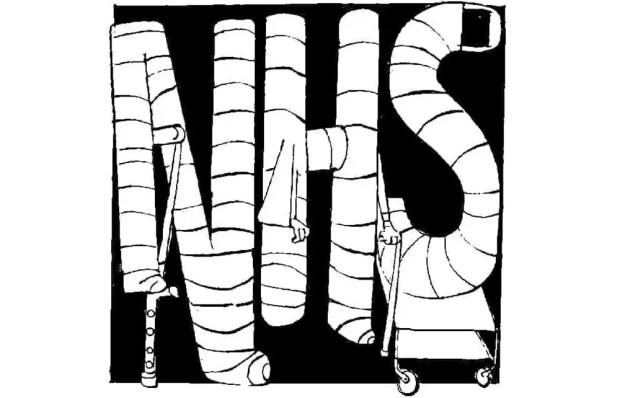
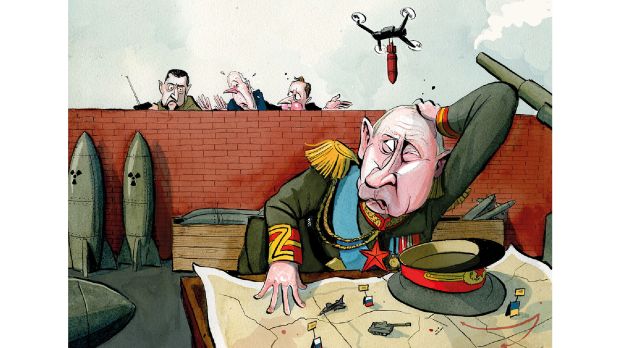
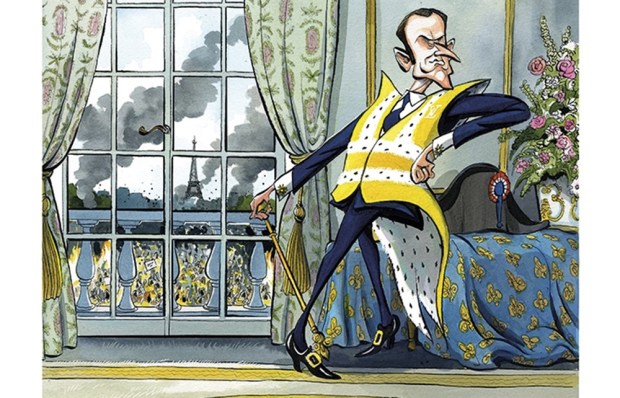
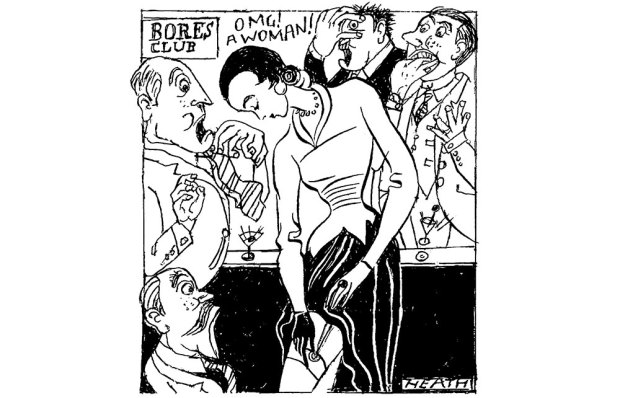






Comments
Don't miss out
Join the conversation with other Spectator Australia readers. Subscribe to leave a comment.
SUBSCRIBEAlready a subscriber? Log in